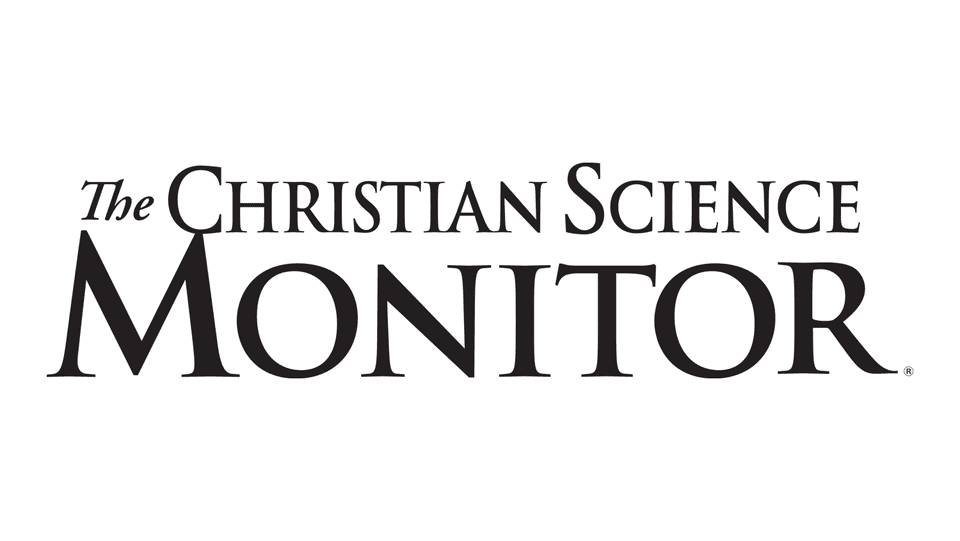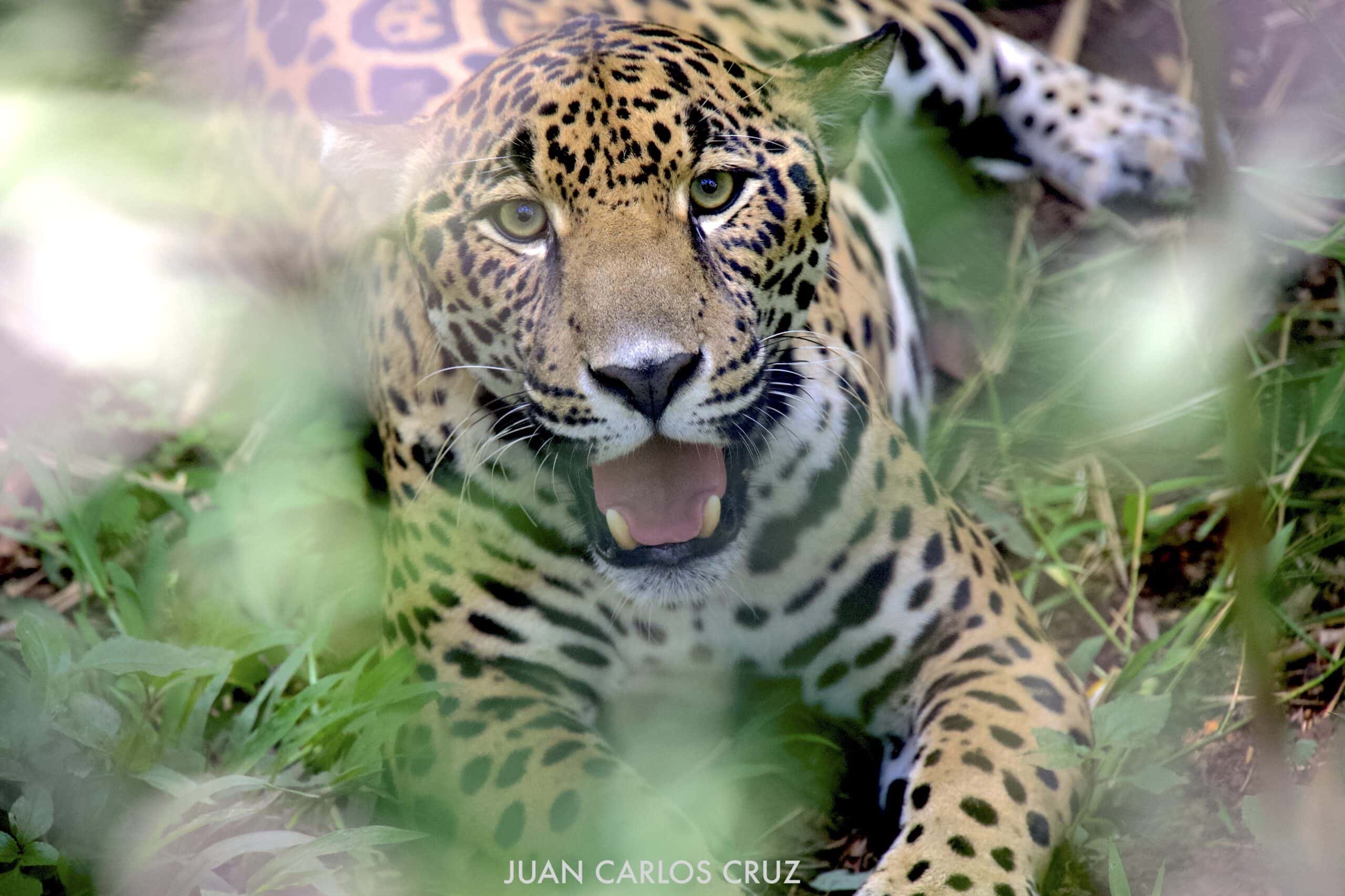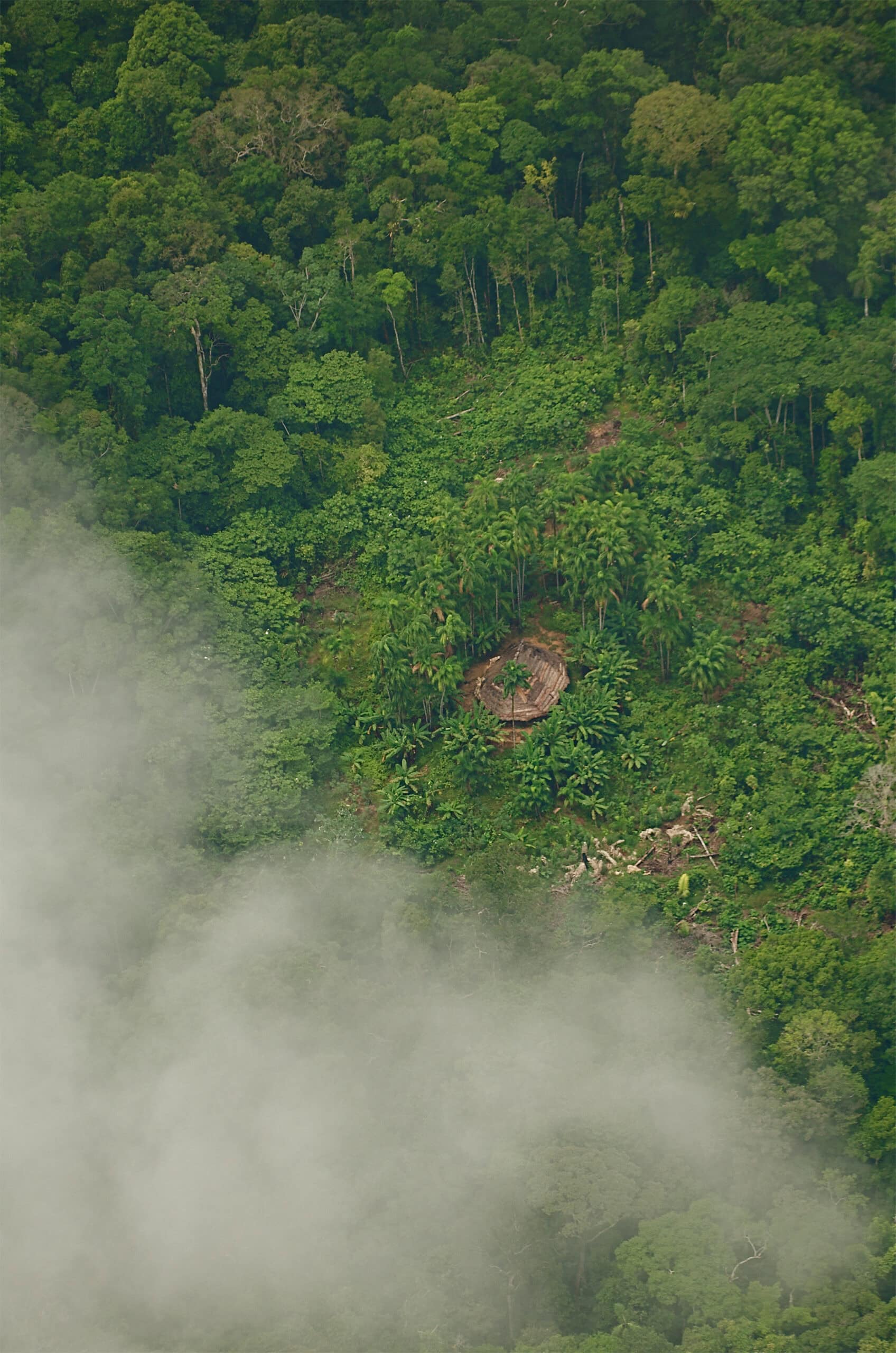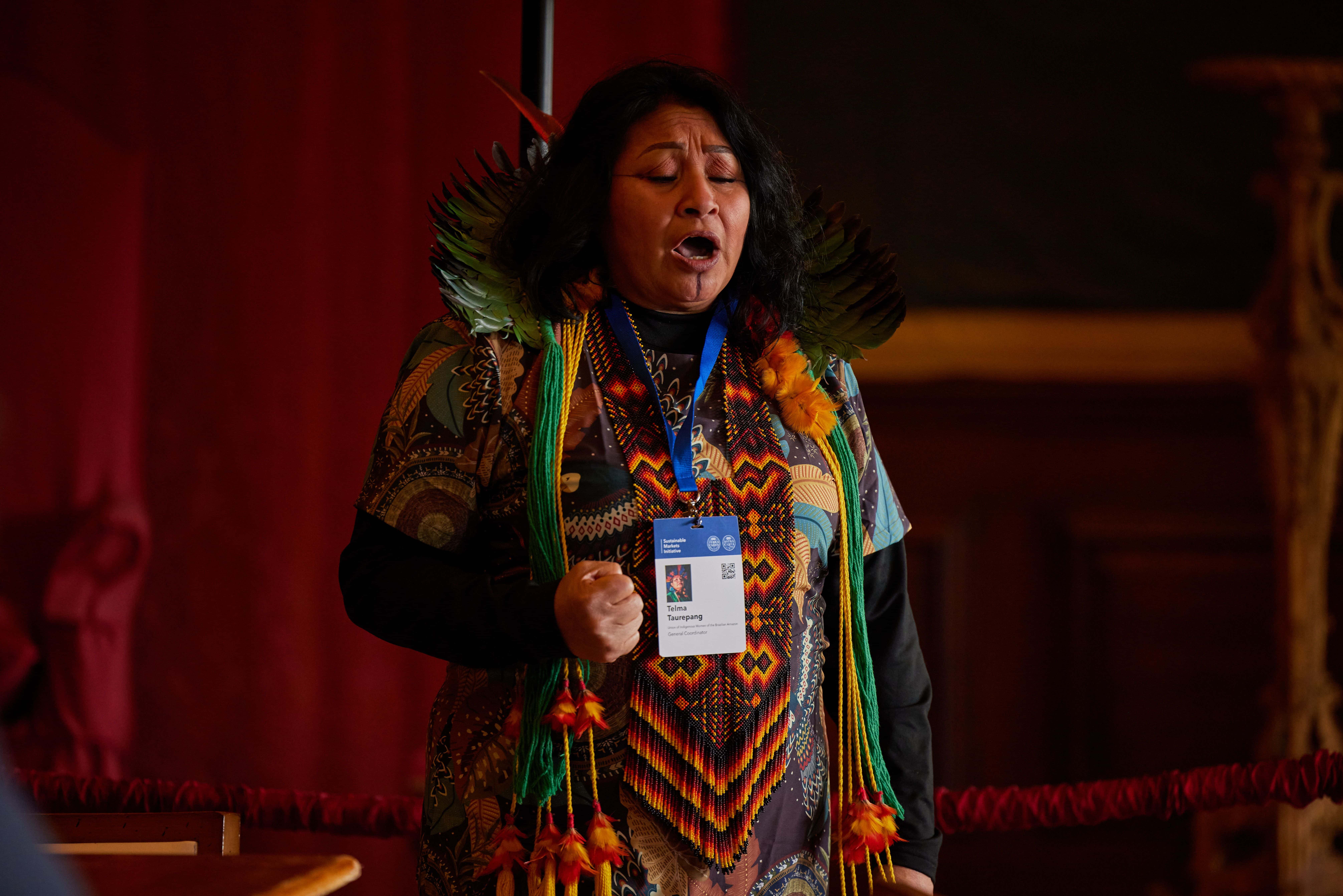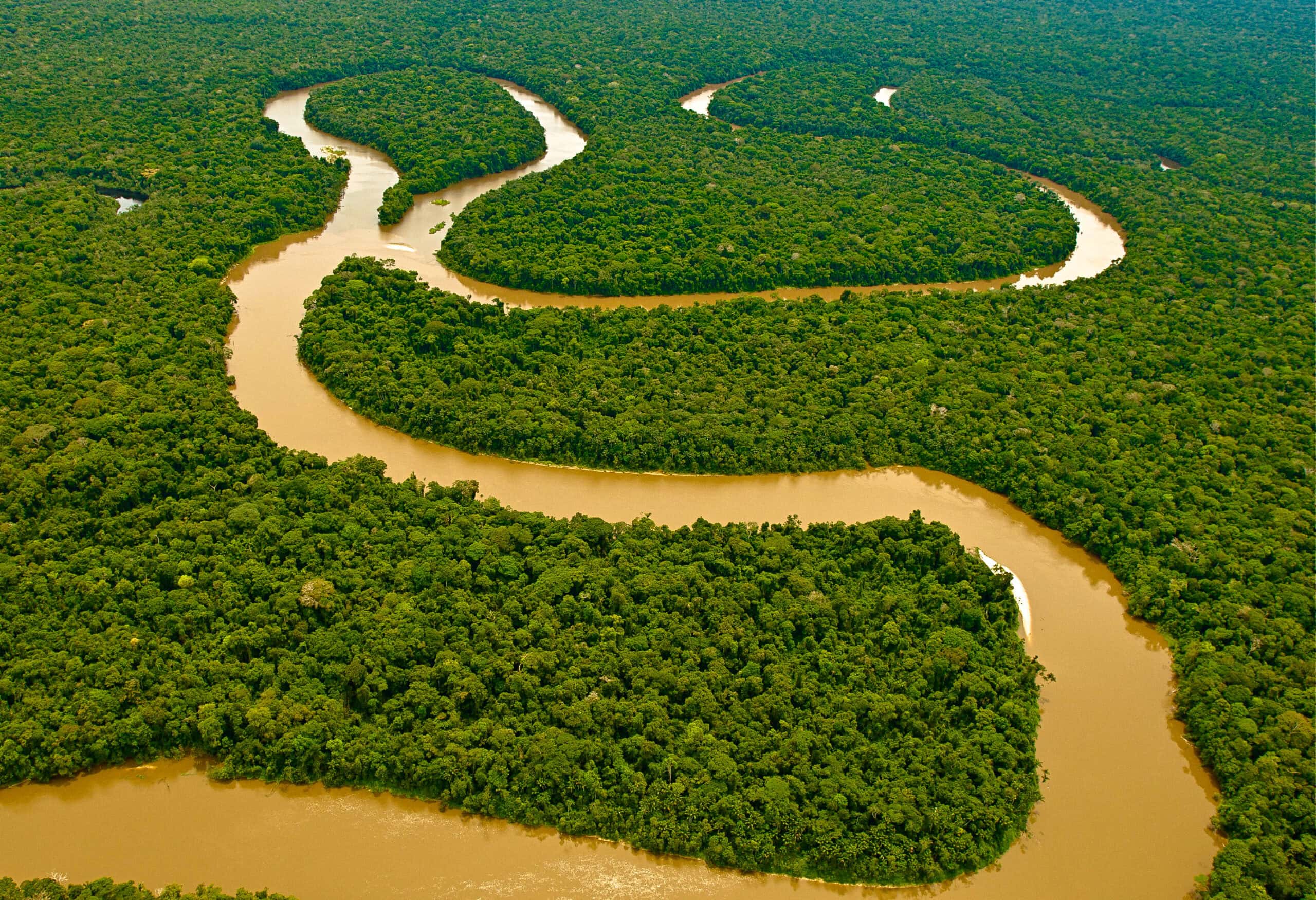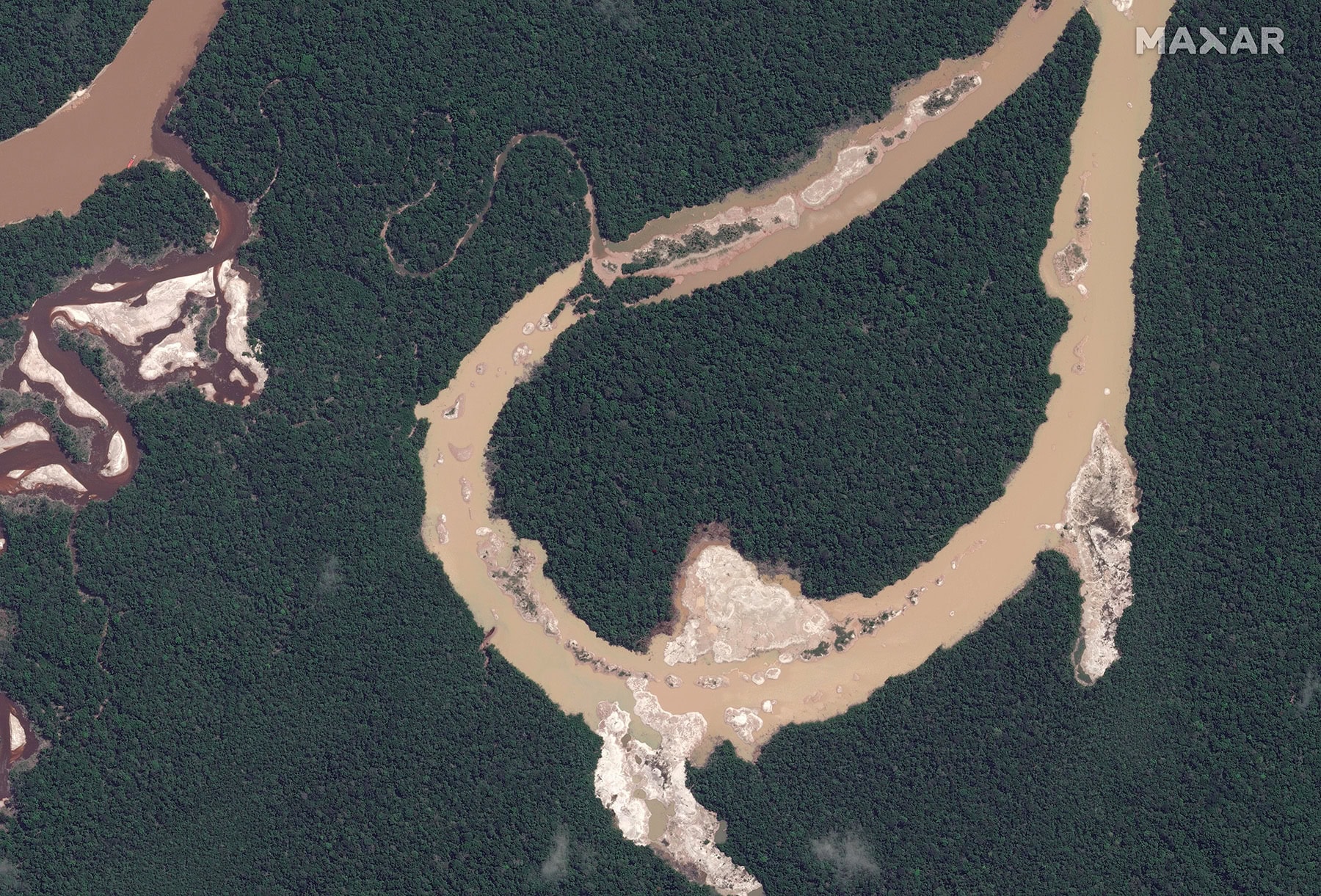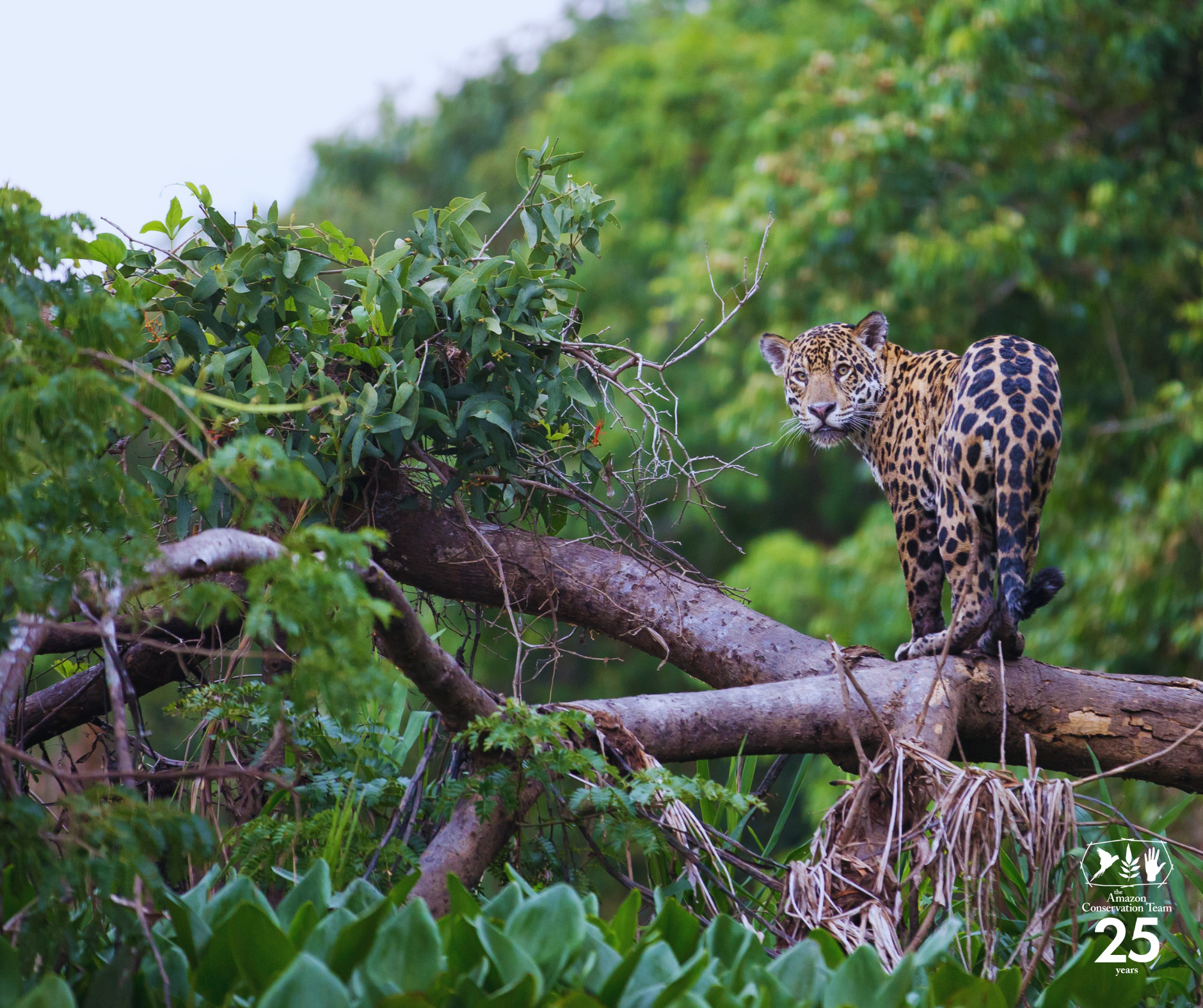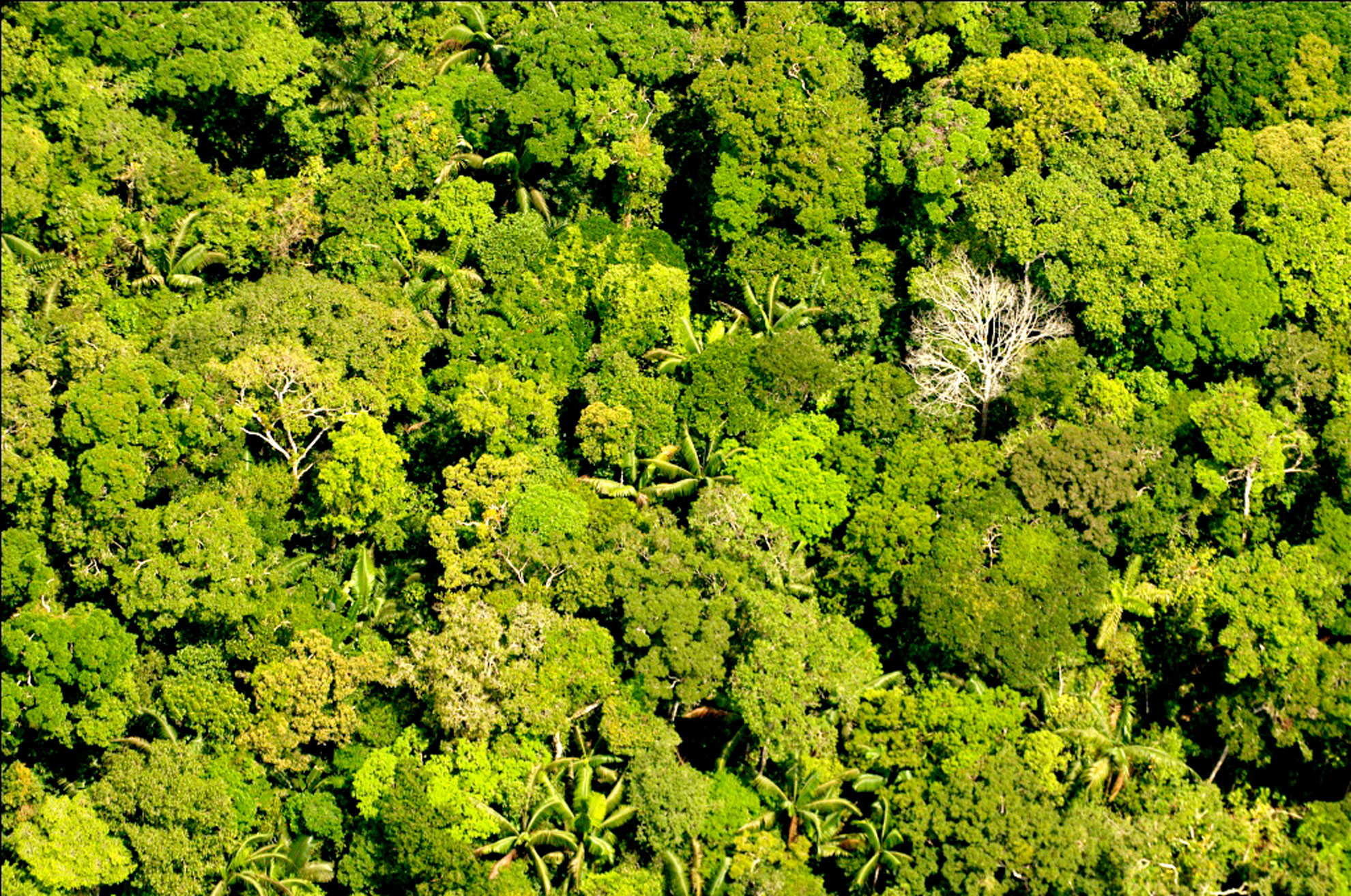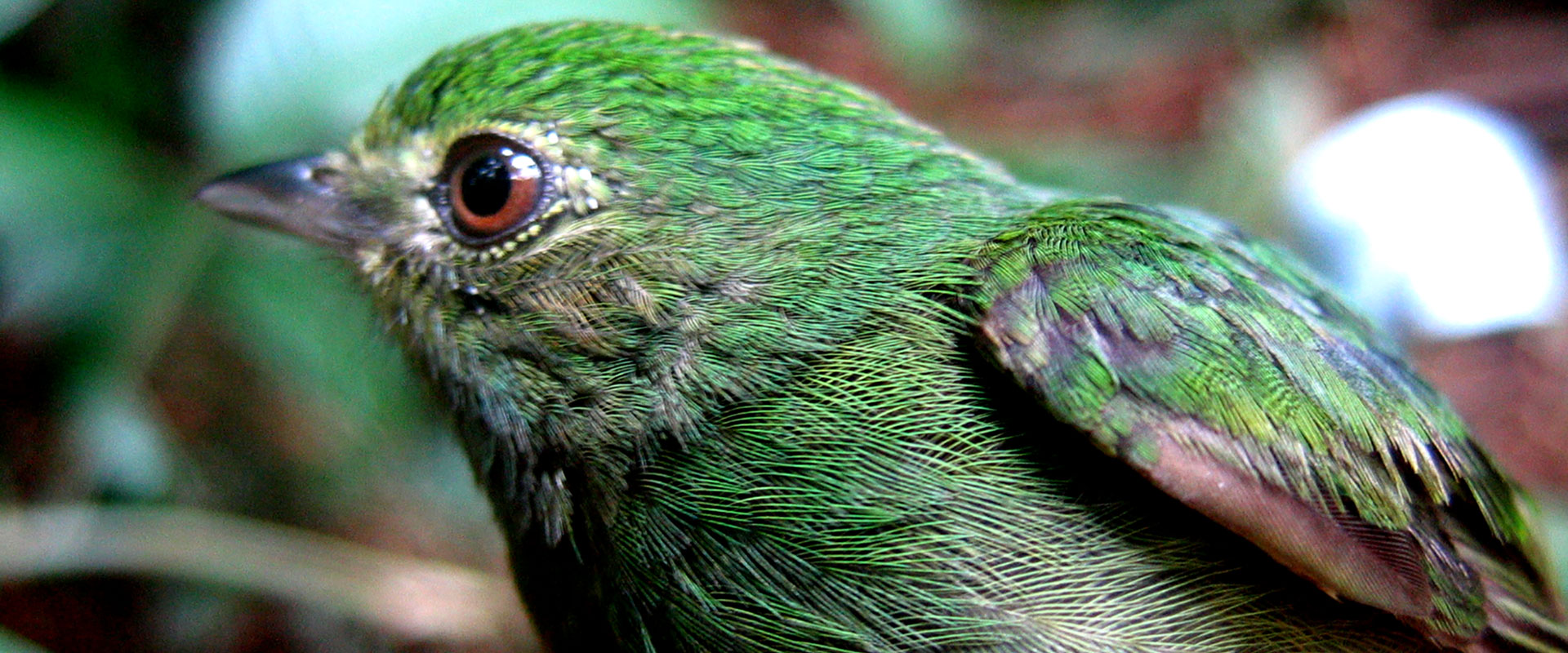Posts Tagged ‘Amazon’
Christian Science Monitor Highlights Landmark Protection of Isolated Indigenous Territory in Colombia
The Amazon Conservation Team (ACT) was recently highlighted in The Christian Science Monitor’s Points of Progress column for its role in a landmark conservation and human rights victory in Colombia. The article celebrates the official recognition of 2.7 million acres as off-limits to development and human contact, safeguarding the isolated Yuri-Passé people. ACT was recognized…
Read MoreThe Jaguar: Guardian of the Amazon
In the heart of the Amazon rainforest, one elusive and powerful creature reigns supreme—the jaguar. Known as el tigre in much of South America, the jaguar is more than just an apex predator. Jaguar conservation in the Amazon is essential for the health and resilience of Amazonian ecosystems. The jaguar is also a sacred being…
Read MoreColombia Makes History: Legal Protection for Indigenous Peoples in Isolation
Colombia Makes History: Legal Protection for Isolated Indigenous peoples in Colombia In a groundbreaking move, the Colombian government has taken an unprecedented step to protect Indigenous Peoples Living in Isolation by defining their territory—with Indigenous allies, the Amazon Conservation Team (ACT), and a coalition of partner organizations playing central roles in fostering this historic resolution. Indigenous…
Read MoreWhy Indigenous Land Rights Matter: A Powerful Message from the Amazon
An Indigenous Voice at a Global Event Imagine standing in front of some of the world’s most powerful business leaders and telling them they need to do better. That’s exactly what Telma Taurepang, an Indigenous leader from the Amazon and an Amazon Conservation Team – Brasil assembly member, did in London at the Terra Carta…
Read MoreThe Amazon Rainforest: Fascinating Facts About Its Importance and Biodiversity
The Amazon Rainforest represents one of the most vital ecosystems on Earth, home to an incredible variety of plants, animals, and indigenous tribes. As the world’s largest tropical rainforest, the Amazon is crucial not only for its biodiversity but also for its role in regulating the global climate and supporting human life. As a result,…
Read MoreCombating Illegal Gold Mining in the Amazon Rainforest With Maxar’s High-Resolution Satellite Imagery
How protecting the Jaguar is essential to conserving the Amazon
The Amazon Conservation Team (ACT) and Colombia’s Universidad de la Amazonía continue their project “Live and Coexist”, through which they seek to defend carnivorous animals in Caquetá.
Read MoreCollective Empowerment in the Yunguillo Reserve of Colombia’s Inga People
In memory of the three youth of the Yunguillo reserve murdered in September 2018. ACT works with the Inga indigenous people of theYunguillo Reserve, located at the confluence of the Andes mountain range and the Amazon river basin in Colombia, a territory of great importance due to the ecological and ecosystemic characteristics of its forests,…
Read MoreWhat is the correlation between the protection of indigenous peoples in voluntary isolation and the protection of the Amazon?
Let’s start with a question. If you lived in South America, and had to run away from society, where would you hide? The most remote areas of the Amazon, where thousands of small rivers are born and eventually become giant waterways—which along the way irrigate millions of trees, and in their final destination feed the…
Read MoreConserving the Vast Biodiversity of the Colombian Amazon
The great wealth of biodiversity present in the Amazon is at serious risk of disappearing due to several threats, which must be addressed through the joint work of the various stakeholders in the region. One of the first steps in addressing this problem is to identify which species of flora and fauna are present in…
Read More

